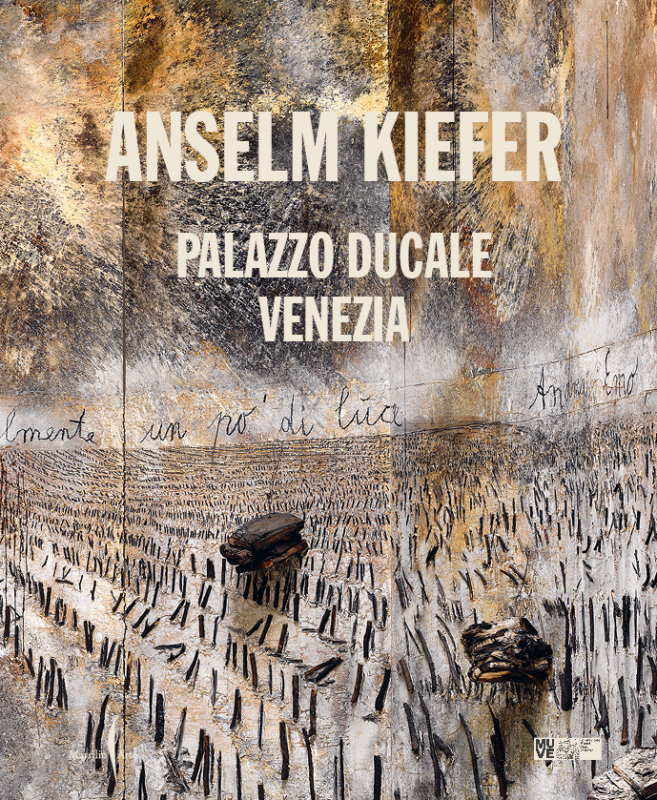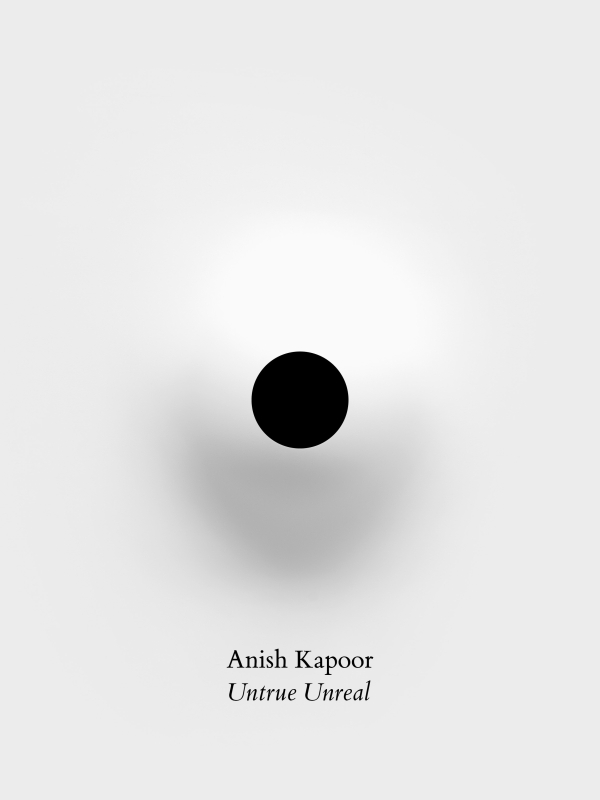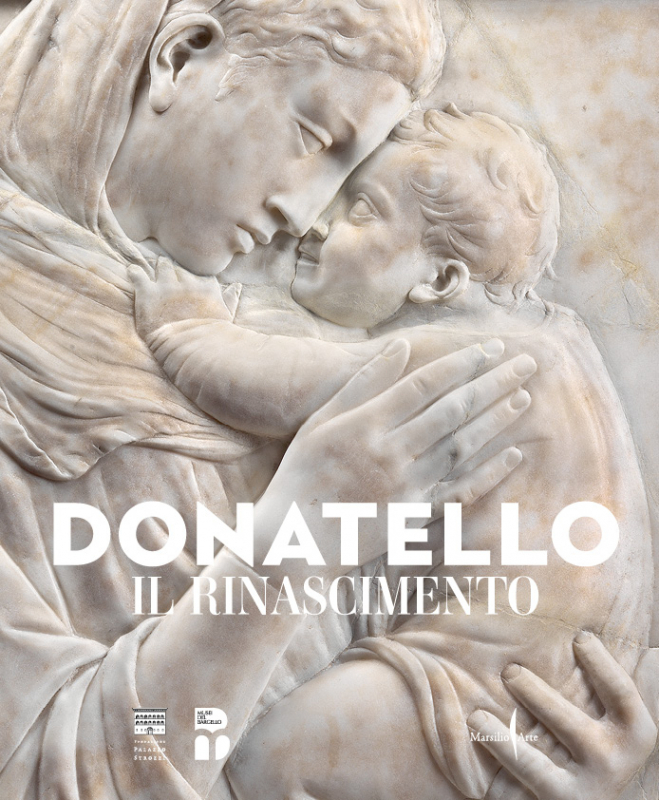Fallen Angels is the title of the exhibition dedicated to the renowned German artist Anselm Kiefer at Palazzo Strozzi. While the title naturally evokes thoughts of angels cast out of heaven after rebelling against God, the implied reference extends to all of humanity and its enduring dramas, particularly those of the present day. The exhibition opens with the monumental painting Engelssturz (Fall of the Angel), created for Palazzo Strozzi’s courtyard. This artwork symbolizes the eternal struggle between Good and Evil, prompting viewers to reconsider the intricate relationship between heaven and earth, the spiritual and the material. Reflecting the artist’s intellectual depth, the exhibition delves into Kiefer’s multilayered exploration of themes encompassing religion, myth, literature, and philosophy, drawing inspiration from diverse cultures. Kiefer’s oeuvre also reveals his fascination with Kabbalahand alchemy, alongside a keen interest in scientific and mathematical ideas, ranging from string theory to geometry theorems.
Kiefer’s early works are known for confronting and examining Germany’s dark history and the disastrous legacy of the post-Second World War era. From that pivotal point, Kiefer embarked on a journey using painting, sculpture, installation, and photography to explore the complex connections between past, present, and future. This exploration manifests in allegories, figures, and forms that probe questions of identity, history, and mysticism. Deeply immersed in alchemy, Kiefer’s oeuvre remains a captivating exploration of the profound and complex facets of human existence.
What is striking about the artist’s multifaceted work, which is a reflection of his wide-ranging interests, is the continual and invigorating immanence of philosophical, historical, literary, and musical concepts. Kiefer goes beyond traditional fine arts, incorporating elements of philosophy, history, literature, and even creating a poetic essence in his works. As observed elsewhere, Kiefer’s approach to art defies categorization solely under the label of “fine arts.” The conversation with Arturo Galansino, published in this catalog, reveals a deep trove of images, intuitions, comparisons, experiences, influences, and sources of ideas, ranging from Anaximander to Nietzsche, from Bach to Handel, and far beyond.
40,00 €
Related products








